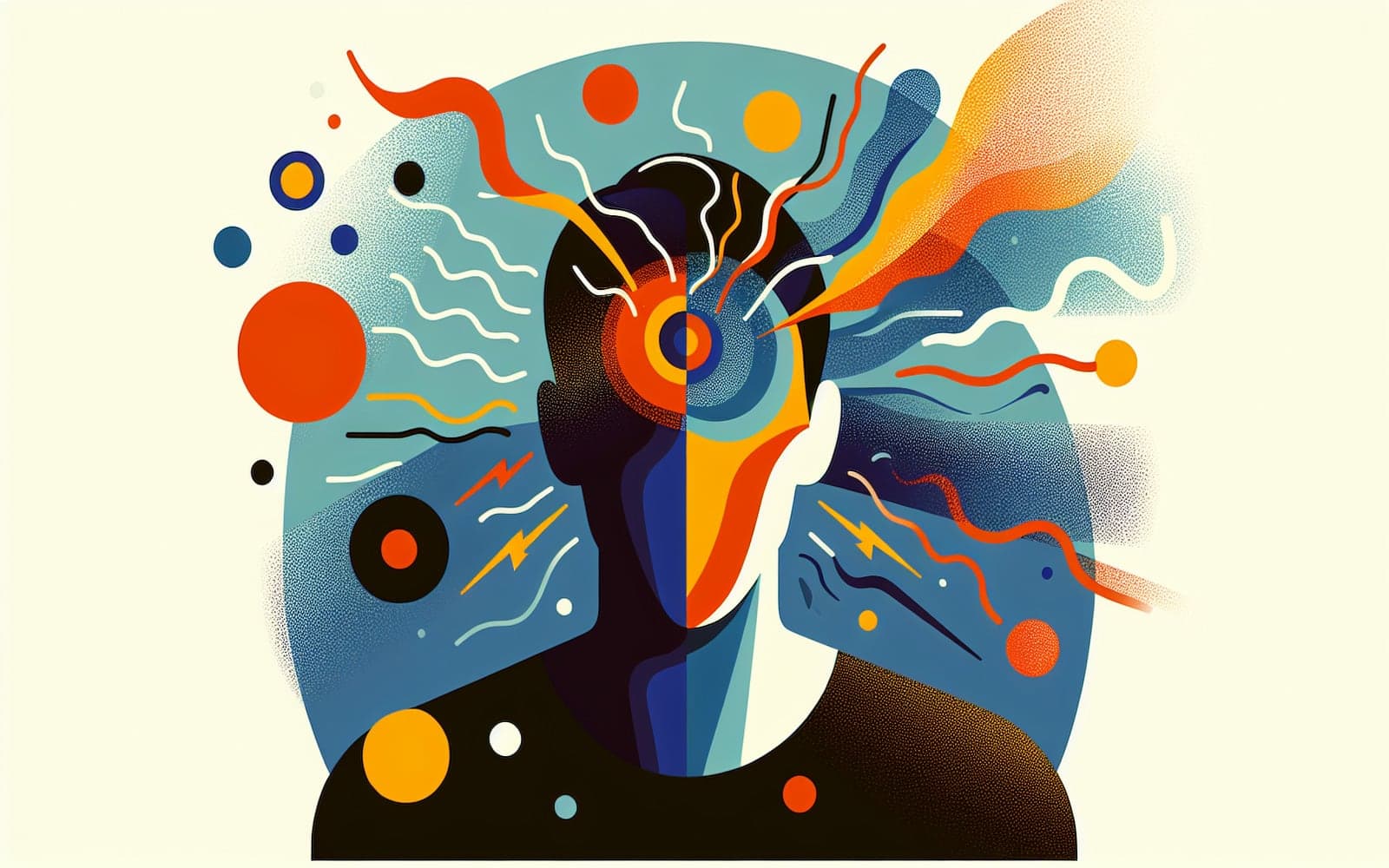What Causes Glossopharyngeal Neuralgia?
What Causes Glossopharyngeal Neuralgia?
Understanding the Cause
Glossopharyngeal neuralgia can be attributed to nerve compression and other factors causing intense facial pain.
Contents
- Primary Cause: Nerve Compression
- Secondary Causes
- Diagnosis and Identification
Primary Cause: Nerve Compression
The most common cause of GN is the compression of the glossopharyngeal nerve by nearby blood vessels. This compression disrupts the nerve's myelin sheath, leading to the shock-like pain characteristic of GN. Vascular compression is often due to arteries like the posterior inferior cerebellar artery.
Secondary Causes
Other factors that can cause GN include tumors, infections, or trauma around the nerve's pathway. Conditions like Chiari malformation or Eagle syndrome can also lead to nerve compression. In some cases, no clear cause is identified, and this is termed idiopathic GN.

Diagnosis and Identification
Diagnosing GN involves imaging tests to identify nerve compression or other structural issues. MRI is commonly used to get a clear view of the brain and neck structures to determine the exact cause of the pain.
FAQs
What is the main cause of GN?
The main cause is nerve compression by blood vessels.
Can tumors cause GN?
Yes, tumors along the nerve path can cause GN.
How is GN diagnosed?
GN is diagnosed through imaging tests like MRI.
What is idiopathic GN?
Idiopathic GN means no clear cause is found.
The Bottom Line
Identifying the cause of GN is crucial for effective treatment.
Additional References
- Koopman JS, Dieleman JP, Huygen FJ, et al. Incidence of facial pain in the general population. Pain 2009; 147:122.
- Berckemeyer MA, Suarez-Meade P, Carcelen MFV, et al. Current advances in the surgical treatment of glossopharyngeal neuralgia. Neurosurg Rev 2023; 46:47.
This article has been reviewed for accuracy by one of the licensed medical doctors working for Doctronic.











